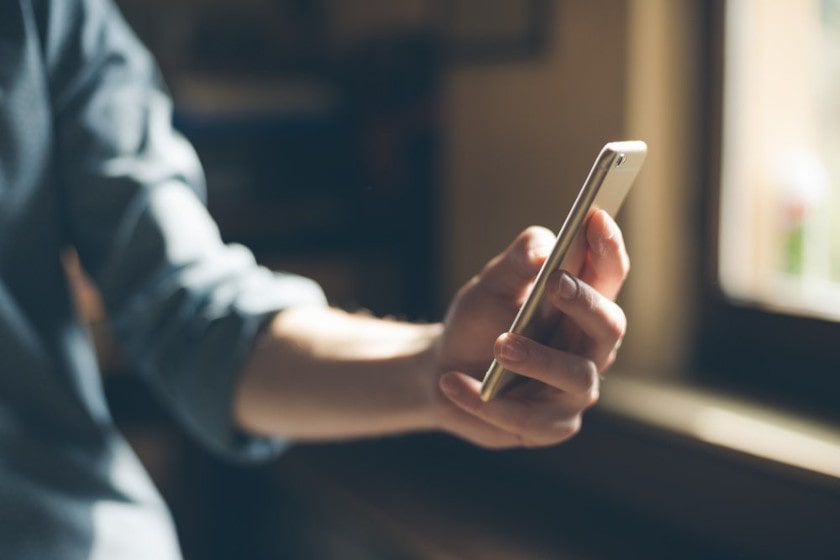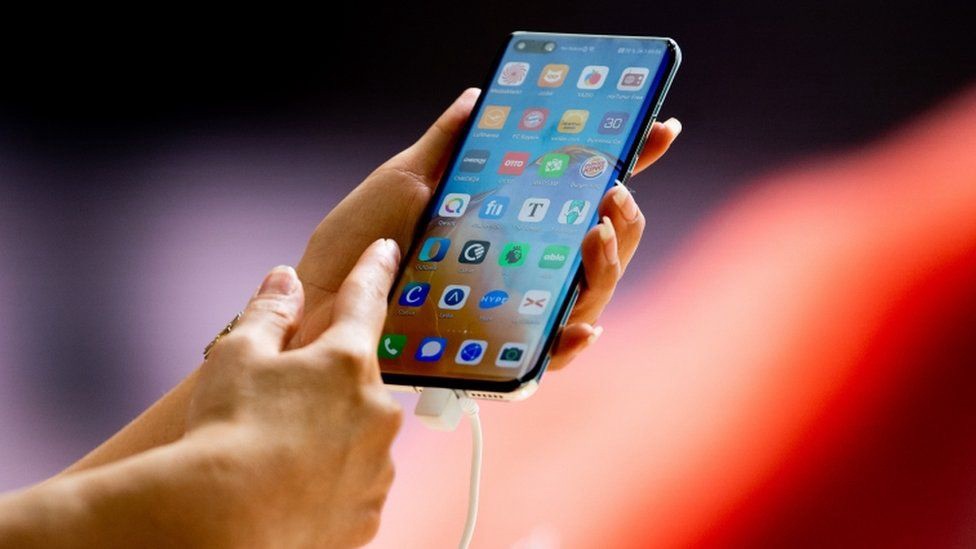The National Security Agency (NSA) advises individuals to turn off their smartphones at least once a week to protect against cyber attacks. Due to persistent advanced hacking efforts targeting everyday users, a crucial alert has been issued to all iPhone and Android owners following a major wave of cyber attacks.
To enhance security against cyber intrusions, users are recommended to shut down their phones weekly. This measure aims to prevent “zero-click” attacks, which can install spyware on a device without any user interaction, such as clicking a link.
The National Security Agency (NSA) endorses regularly powering off mobile phones, as it helps clear data caches hidden in background processes or web browsers. The NSA also warns against using public WiFi and stresses the importance of keeping phone operating systems and applications up to date.

Without routine power-offs, devices remain vulnerable to hackers who can exploit active internet connections to insert malicious files. Restarting a phone can log the user out of sensitive accounts, such as banking and social media, reducing the risk of unauthorized access by cybercriminals.
This practice also helps protect against phishing attempts, where hackers send malicious emails to capture personal information like usernames and passwords. A 2015 Pew Research study, cited by the Mirror, found that nearly half of smartphone users seldom or never turn off their phones, and 82% rarely or never restart their devices.
While these security practices are not infallible, they do provide an additional layer of protection against cyber threats. The NSA has warned that threats to mobile devices are becoming more prevalent and sophisticated. They note that while certain measures improve user experience and functionality, they may compromise security.
Users are advised to remove saved WiFi networks to prevent cybercriminals from exploiting their phones. It’s important to be aware of SSID Confusion Attacks, where individuals mistakenly connect to a fake hotspot that mimics a legitimate WiFi network.

The public is also cautioned against opening email attachments or clicking on links from unknown senders, as this could unintentionally install malware. Oliver Page, CEO of Cybernut, told Forbes that falling for social engineering tactics—such as responding to unexpected emails requesting personal information—can lead to account breaches and identity theft. Phishing schemes often mimic trusted sources, deceiving people into divulging private information.
He also warned that trusting phone calls or messages without proper verification can have serious consequences, as fraudsters often trick victims into sharing confidential information or taking actions that compromise their security.
